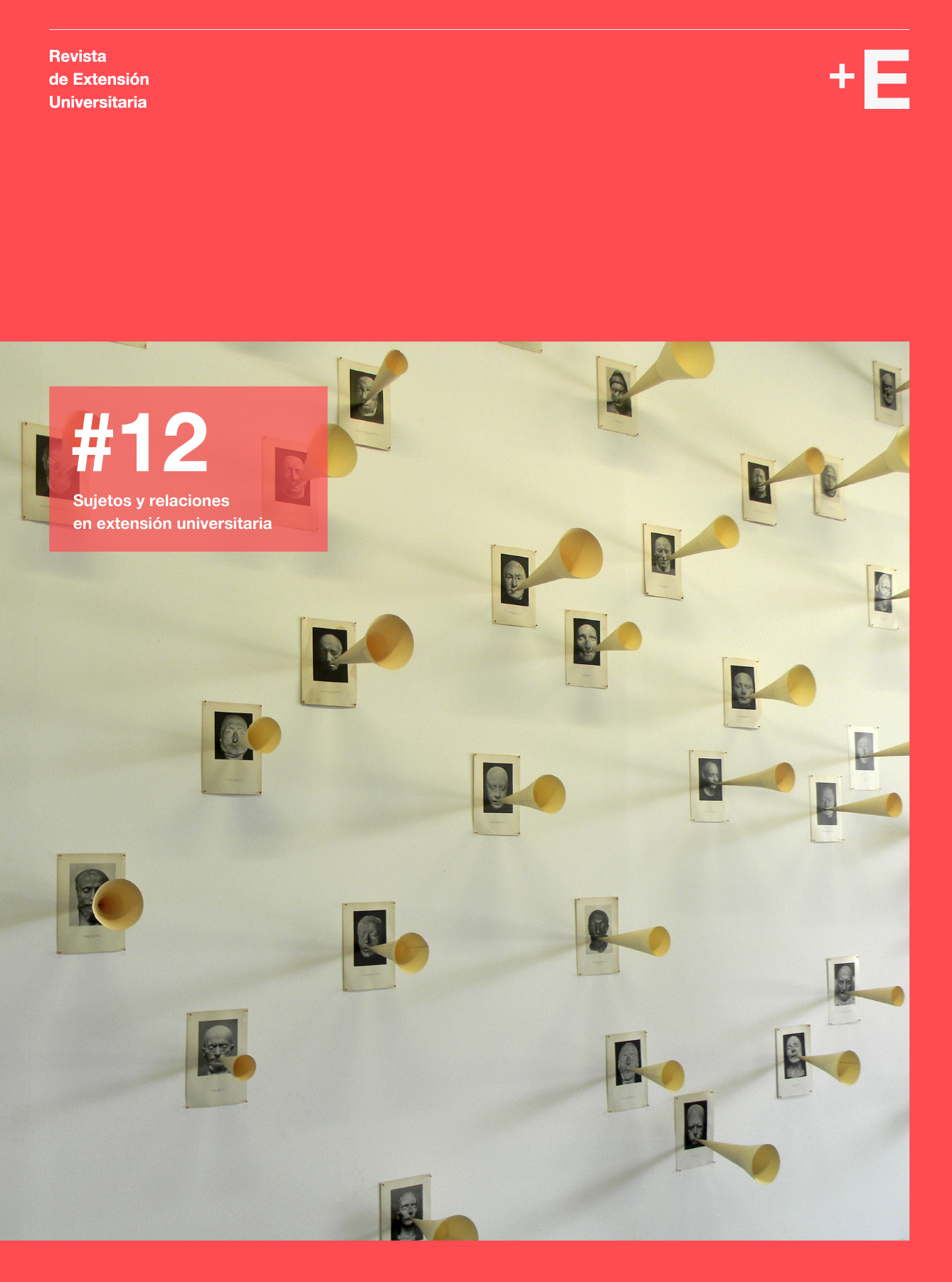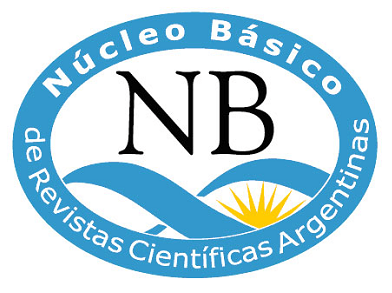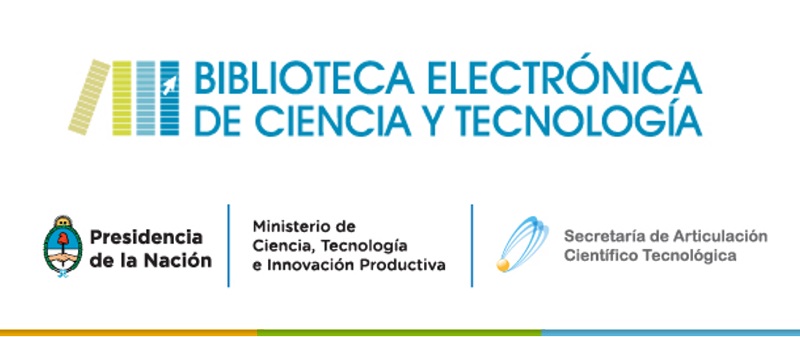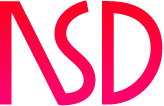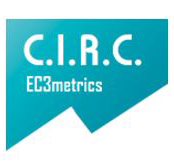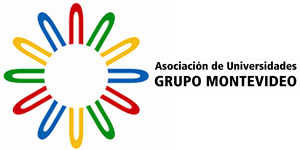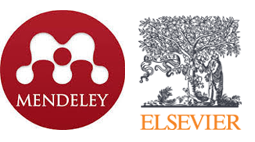Socio-community practices at the National University of Río Cuarto. An evaluative study
DOI:
https://doi.org/10.14409/extension.v10i12.Ene-Jun.8967Keywords:
university extension, socio–community practices, investigation, evaluation, learningAbstract
The partial results obtained in an evaluative and interpretive research conducted at the National University of Río Cuarto are displayed in this paper. The object of the study is an institutional program that proposes the incorporation of socio– community practices into the curriculum. They represent an epistemological rupture as they constitute a new way of knowing, which is alternative to the traditional regimes of truth, science and university and the social commitment of the university. The objective of the study is to assess the processes and emerging outcomes in these practices, from the perspectives of all who are involved in them: teachers, students and community actors. The purpose is to provide knowledge that guides political decisions and university management actions. We point out in this article, the conceptions about the practical and the contributions that they make to the community, from the perspective of the actors themselves.
